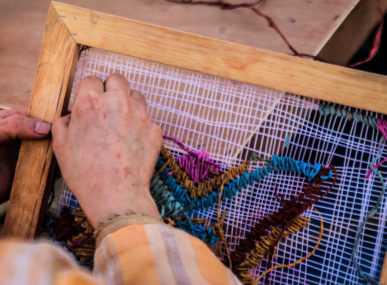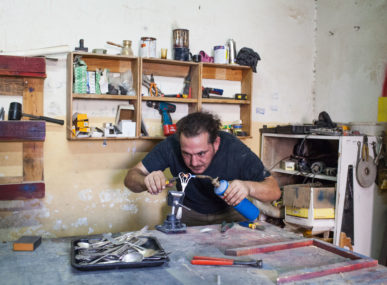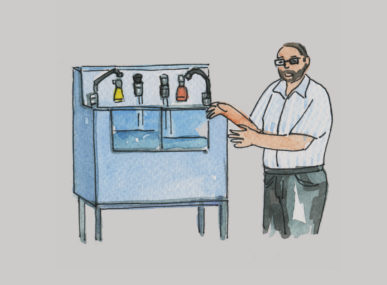Educating the marine activists of tomorrow:
Having rendered the sea and its shores integral to human life, EcoOcean took to land the mission of educating a future generation of marine activists. Much of that work is done within Israeli elementary schools and the NGO’s own Megelim Education Center, at its headquarters in Sdot Yam, a coastal kibbutz north of Tel-Aviv.
EcoOcean turned its mission to education eight years ago. “There was a frustration that researchers were too busy researching to be the leaders of eco-change,” said EcoOcean’s Executive Director, Arik Rosenblum. “That is when EcoOcean decided to help that change by educating young people about the sea.”
Since then, thousands of Israeli kids have gone through EcoOcean-supported educational programs, learning about coastal health and why it is important for the future. The NGO has partnerships with schools, universities, local governments, and more, and teaches in both Hebrew and Arabic.










